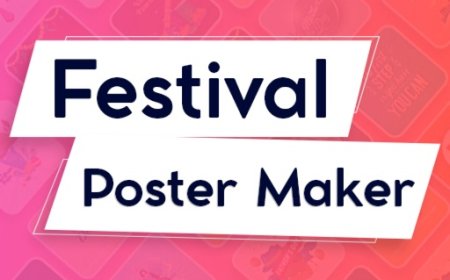Top SEO Tips for Education Blogs in 2025
Discover top SEO strategies and trending keywords to boost your educational content visibility and engage your target audience effectively.

As education continues to evolve, so does the way people search for information online. Whether you're a school, an ed-tech company, or a blog dedicated to learning resources, using the right keywords can make a huge difference in attracting the right audience. In this article, we will explore the top 10 education-related keyword strategies for SEO, helping you stay ahead of the competition in 2025.
1. Focus on Long-Tail Keywords
Long-tail keywords like “best online math courses for beginners” or “affordable private tutors near me” are more specific and less competitive than short phrases. These phrases target users who already know what they’re looking for, increasing the likelihood of conversions.
2. Optimize for Location-Based Searches
With the rise of local searches, incorporating terms like “best schools in [city]” or “coding classes near me” can help your content appear in local search results. Make sure your website is listed on Google My Business to maximize visibility.
3. Emphasize Trending Topics
Stay updated on trending education topics such as “AI in classrooms” or “sustainable education models.” These terms often have less competition initially and can drive significant traffic if leveraged early.
4. Target Popular Online Learning Platforms
Keywords related to major platforms like “Udemy alternatives” or “how to choose a Coursera course” are increasingly searched as online learning continues to grow. Tailoring your content around these platforms can attract a broad audience.
5. Highlight Career-Oriented Terms
Many learners search for education that leads to specific careers. Keywords like “best data science certifications” or “how to become a digital marketer” can help you tap into this motivated audience.
6. Include Voice Search-Friendly Phrases
With the popularity of voice search, conversational phrases like “what are the best schools for coding” or “where can I find free online courses” are becoming essential. Optimize your content to answer these questions clearly.
7. Leverage "How-To" Queries
Educational content thrives on tutorials and guides. Phrases like “how to prepare for board exams” or “how to write an essay” are always in demand. These queries also position you as a helpful and authoritative source.
8. Use Parent-Friendly Keywords
Parents often search for resources for their children. Keywords like “best preschools near me” or “tips for homeschooling kids” can draw in a highly engaged audience looking for reliable advice.
9. Incorporate Seasonal Keywords
Seasonal terms like “best summer camps” or “how to prepare for the new school year” are predictable but highly effective. Plan your content calendar to align with these periods.
10. Analyze Competitor Keywords
Tools like SEMrush or Ahrefs can help you identify which keywords your competitors are ranking for. Terms like “online tutoring platforms” or “best education apps” could be valuable additions to your strategy.
Conclusion
Effective keyword usage is not just about stuffing your content with popular terms but understanding your audience and their needs. By focusing on these strategies, you can ensure your educational content ranks higher and reaches the right people in 2025. Remember to monitor your results and adapt as trends evolve. Education and SEO are constantly changing, and staying ahead requires effort and insight.




























